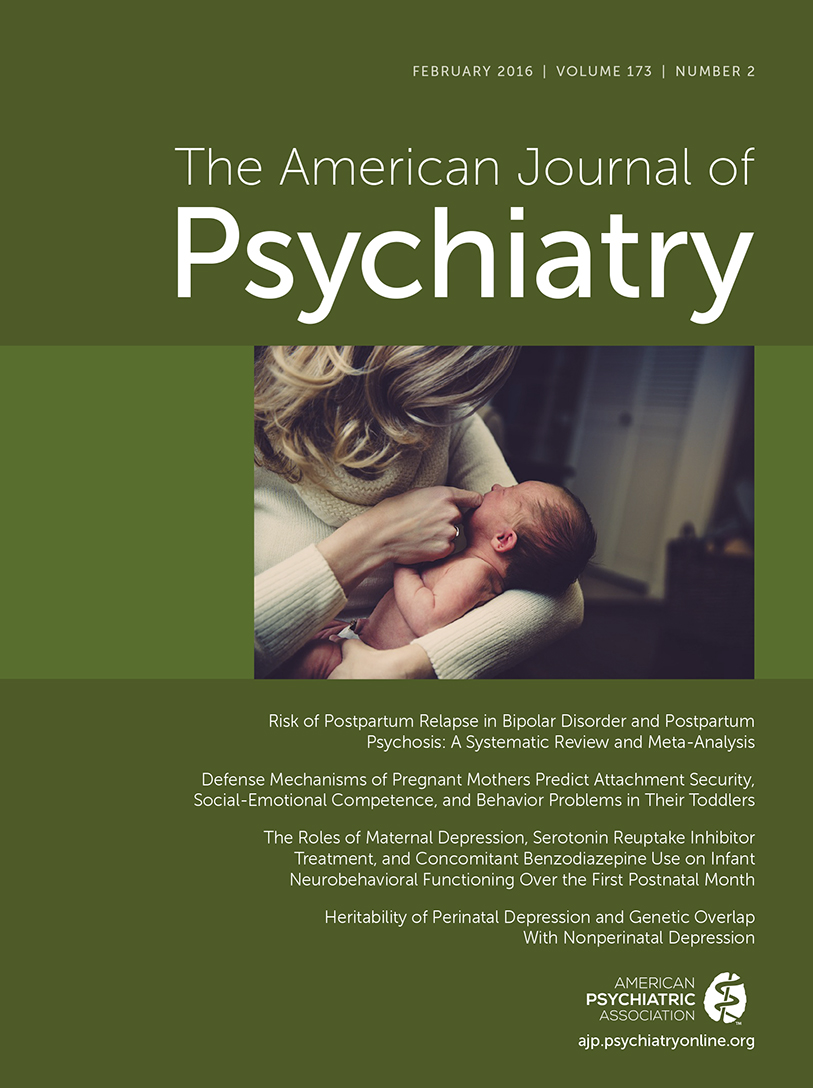Defense Mechanisms of Pregnant Mothers Predict Attachment Security, Social-Emotional Competence, and Behavior Problems in Their Toddlers
Abstract
Objective:
For at-risk (single parent, low income, low support) mothers, healthy adaptation and the ability to manage stress have clear implications for parenting and the social-emotional well-being of their young offspring. The purpose of this longitudinal study was to examine associations between defense mechanisms in pregnant women and their toddlers’ attachment security, social-emotional, and behavioral adjustment.
Method:
Participants were 84 pregnant women during their last trimester of pregnancy, recruited from community agencies primarily serving low-income families. Women were followed prospectively from pregnancy through 2 years after birth and completed several multimethod assessments during that period. Observations of mother-child interactions were also coded after the postnatal visits.
Results:
Multiple regression analyses revealed that mothers’ defense mechanisms were significantly associated with several toddler outcomes. Mature, healthy defenses were significantly associated with greater toddler attachment security and social-emotional competence and fewer behavior problems, and less mature defenses (disavowal in particular) were associated with lower levels of attachment security and social-emotional competence. Associations remained significant, or were only slightly attenuated, after controlling for demographic variables and partner abuse during pregnancy.
Conclusions:
The study findings suggest that defensive functioning in parents preparing for and parenting toddlers influences the parent-child attachment relationship and social-emotional adjustment in the earliest years of life. Possible mechanisms for these associations may include parental attunement and mentalization, as well as specific caregiving behavior toward the child. Defensive functioning during times of increased stress (such as the prenatal to postnatal period) may be especially important for understanding parental influences on the child.



